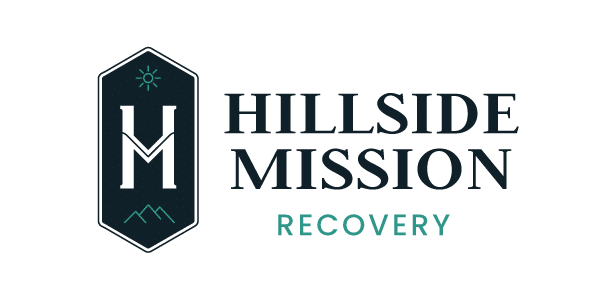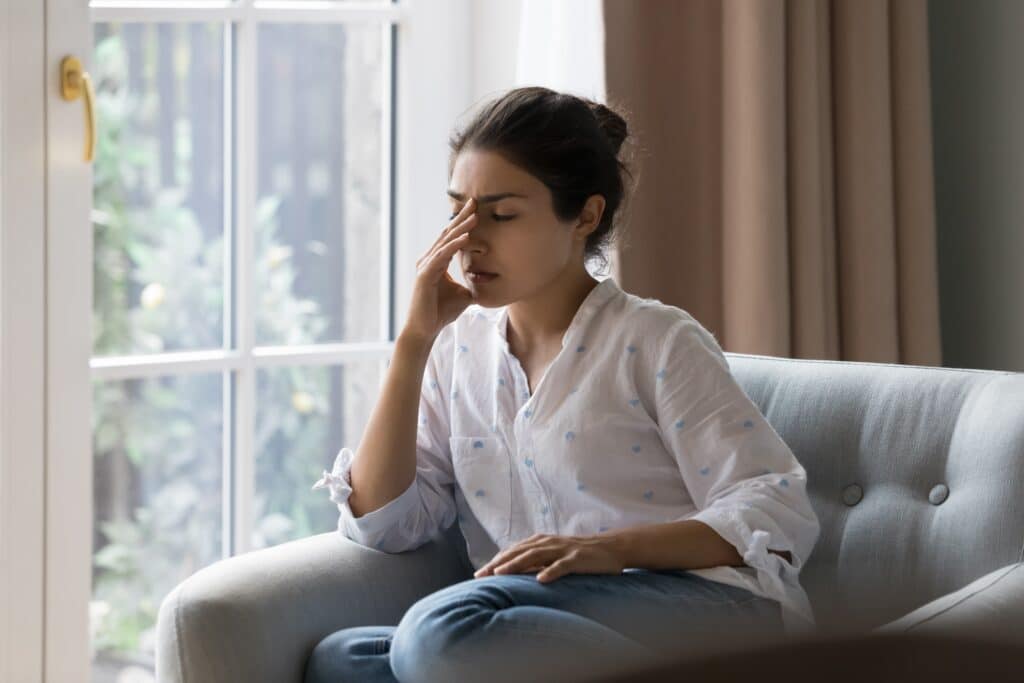Co-occurring disorders represent a demographic of individuals who struggle with mental health and addiction. The connection between mental health and addiction goes back and forth.
Hillside Mission Recovery is an Orange County inpatient treatment center. Contact our admissions team today to learn more about how to get help.
The Impact of Addiction on Mental Health
For starters, people who abuse drugs and alcohol can experience changes in the size, shape, and function of their brains. These changes can increase the detrimental connection between mental health and addiction by leaving people susceptible to the development of secondary and tertiary mental health conditions. Someone who is struggling with addiction could, within a matter of a few months, develop depression and anxiety disorders as well.
The Impact of Mental Health on Addiction
Co-occurring disorders also go in the other direction. There is a strong connection between mental health and addiction for those who have mental health disorders.
- Some people receive a misdiagnosis
- Others are never diagnosed and don’t realize they are living with a mental health condition
- Still, others receive a diagnosis and treatment plan that is ineffective
In all of these cases, individuals are more likely to turn to drugs and alcohol as a form of self-medication to cope with their symptoms. This can lead to the development of addiction.
Types of Co-Occurring Disorders
An average of thirty-two percent of the population struggles with co-occurring disorders.
There are several combinations of co-occurring disorders.
- Individuals with bipolar disorder are commonly diagnosed with alcoholism or addiction to cocaine
- Individuals with depressive disorder typically abuse alcohol to try and mask their symptoms
- Individuals with PTSD often abuse benzodiazepines, sleeping pills, and alcohol to temporarily relieve symptoms such as nightmares, flashbacks, and insomnia
- Individuals with anxiety disorders commonly abuse benzodiazepines, cocaine, and alcohol to either mask their feelings or try and avoid them
No matter the combination with which you struggle, it’s essential that you seek professional help in the form of co-occurring disorder treatment that involves mental health counseling as well as detox and addiction recovery.
Using Mental Health Counseling with Addiction Treatment
With Hillside Mission, we treat co-occurring disorders with an integrated treatment plan that involves DBT, CBT, and aftercare.
Detox
Our residential programs start with detox for addiction. This is a necessary step in recovery, helping clients move through their withdrawal symptoms and start their treatment from a healthier place.
CBT
Cognitive behavioral therapy is one of the most popular forms of treatment included in mental health counseling services because it is highly effective at managing:
- Depression
- Anxiety
- Eating disorders
- Bipolar disorder
- Personality disorders
- Addiction
For many clients, part of their addiction comes from the fact that they are trying to self-medicate for mental health disorders. Those mental health disorders come with unique symptoms, many of which are made worse by inaccurate views of reality.
For example:
A client might inaccurately believe that they are a failure in all things, and that belief colors how they receive comments from other people, what they believe the other person meant, what they think the outcome will be for trying new hobbies or trying to get clean, and even how they feel about themselves.
A modern integrated treatment provides a chance to identify these automatic negative thoughts and compare them to reality. Learning where these thoughts may be inaccurate provides a chance for clients to replace automatic negative thoughts with positive ones. This replacement improves automatic thoughts, emotions, and actions.
Hillside Mission’s Modern Integrated Treatment
Integrated treatment involves detox for addiction management and ongoing treatment for addiction and co-occurring mental health disorders. This is a highly individualized process as each person struggles with unique mental health disorders, addictions, and symptoms.
Our facility provides medication-assisted detox services in our secure, home-like environment. We reduce the levels of pain and the risk associated with detox.
After that, clients transition to the next step of their recovery: residential care. With a top-tier clinical team, residential care involves a great deal of holistic treatment based on scientific findings that encourage long-term recovery. This involves integrated treatment with things like yoga, mindfulness, cognitive behavioral therapy, and medication to help with mental health disorders.
As clients near the end of their program, we prepare them to remain connected to the recovery community through our alumni groups and aftercare programs. The alumni groups have regular meetings and social opportunities, while community programs offer ongoing support in the form of things like:
- AA or NA meetings
- Outpatient therapy
- Community holistic care
Our Orange County substance abuse treatment center works hard from beginning to end to set clients up for success and sobriety.
We are here for you. Call us today at 1-866-393-5174 to learn more about our luxury drug rehab in Mission Viejo.






